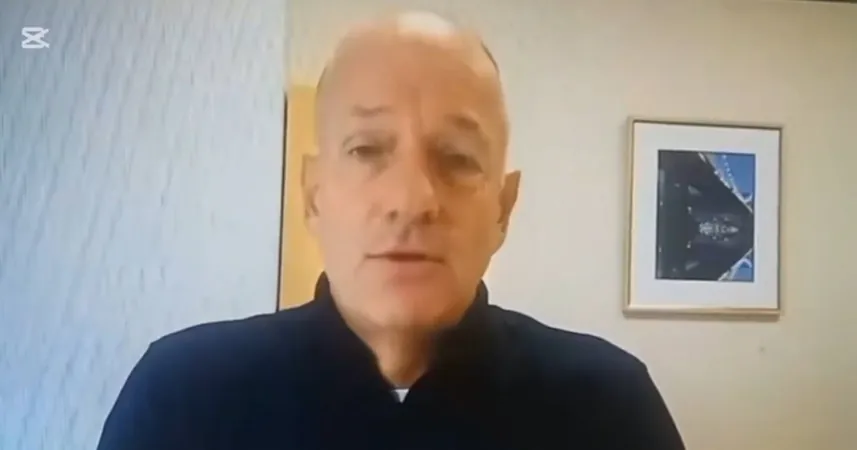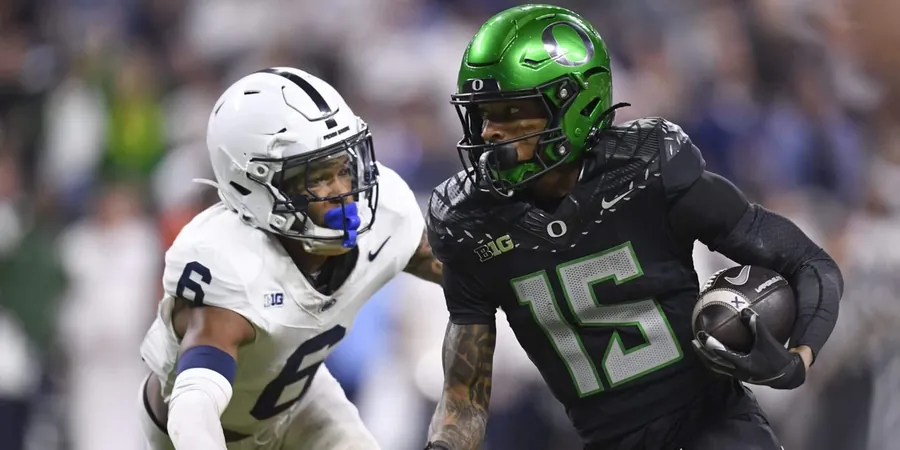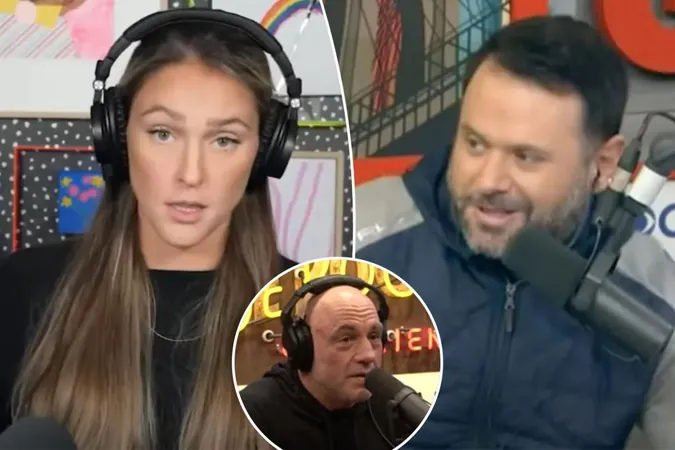
UnitedHealth CEO Andrew Witty's Controversial Remarks Ignite Outrage
2024-12-09
Author: Yan
The backlash against UnitedHealthcare escalated dramatically over the weekend following tragic events, including the assassination of CEO Brian Thompson. In a controversial video message, UnitedHealth's current CEO, Andrew Witty, stood by the insurance giant’s practices aimed at preventing what he termed ‘unnecessary’ healthcare.
Witty’s comments have sparked a torrent of outrage on social media platforms, as users shared painful personal experiences where UnitedHealthcare denied coverage for what they viewed as essential medical care. Many voiced their frustrations with the insurance company, recounting instances of denied claims for crucial treatments ranging from preventive screenings to necessary hospital stays.
“He claimed that they prioritize safe and appropriate care,” one user pointed out, “yet my mother had a mammogram denied last year. How can that be justified?”
In the now-leaked internal communication, Witty emphasized his view that the company plays a critical role in managing healthcare complexity, saying, “We guard against the pressures that exist for unsafe care or for unnecessary care to be delivered.” He urged employees to “tune out” critical voices, dismissing them as misrepresentations of the company’s true role.
Such statements only fueled further criticism online, with personal stories pouring in from across various platforms. A new mother vented her frustrations via TikTok after being removed from her UnitedHealth coverage shortly after giving birth, leaving her eligible for Medicaid instead. Similarly, a popular YouTuber, Justin Whang, shared how the company initially refused to cover a vital medication for his ailing mother, an unfortunate decision that led to serious health complications.
The outrage is not unfounded—a Senate subcommittee has previously examined UnitedHealthcare along with Humana and CVS Health due to rising denial rates for critical care services among Medicare Advantage beneficiaries. A report revealed that the denial rate for necessary post-acute care soared from 10.9% in 2020 to 22.7% by 2022, an alarming trend that has raised eyebrows among healthcare professionals and patients alike.
Dr. Helen Ouyang, an emergency physician, addressed the issue in an op-ed for The New York Times. While she condemned the unacceptable responses to Thompson’s death, she highlighted the persistent struggles faced by her patients in navigating complicated health coverage. “This speaks to a larger issue of discontent within the American healthcare system,” Dr. Ouyang stated, indicating a deep-seated frustration that has erupted following recent events.
As the company and its leadership face mounting scrutiny, it remains clear that this is not the first time UnitedHealthcare has found itself in hot water. The ongoing discussions surrounding transparency, patient care, and corporate responsibility in the healthcare sector continue to resonate strongly with both providers and patients.


 Brasil (PT)
Brasil (PT)
 Canada (EN)
Canada (EN)
 Chile (ES)
Chile (ES)
 España (ES)
España (ES)
 France (FR)
France (FR)
 Hong Kong (EN)
Hong Kong (EN)
 Italia (IT)
Italia (IT)
 日本 (JA)
日本 (JA)
 Magyarország (HU)
Magyarország (HU)
 Norge (NO)
Norge (NO)
 Polska (PL)
Polska (PL)
 Schweiz (DE)
Schweiz (DE)
 Singapore (EN)
Singapore (EN)
 Sverige (SV)
Sverige (SV)
 Suomi (FI)
Suomi (FI)
 Türkiye (TR)
Türkiye (TR)